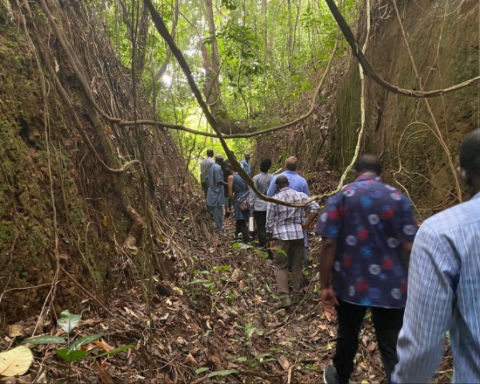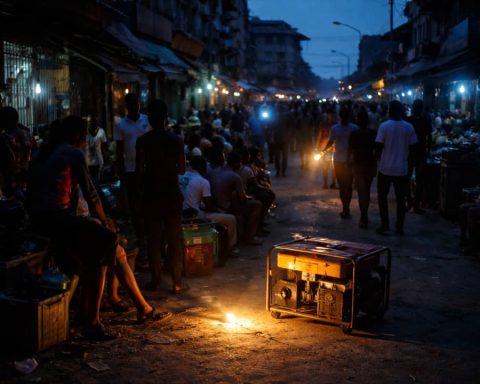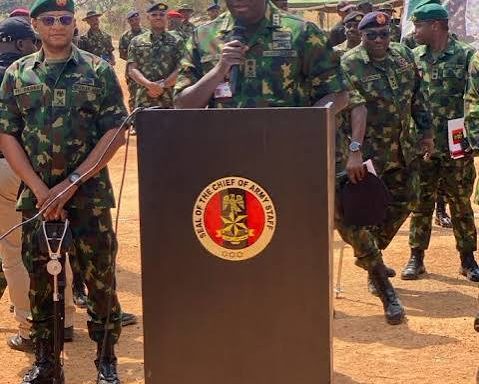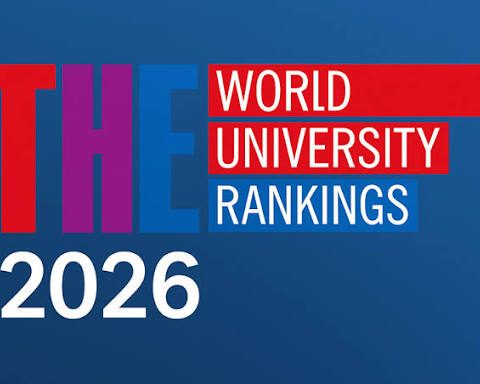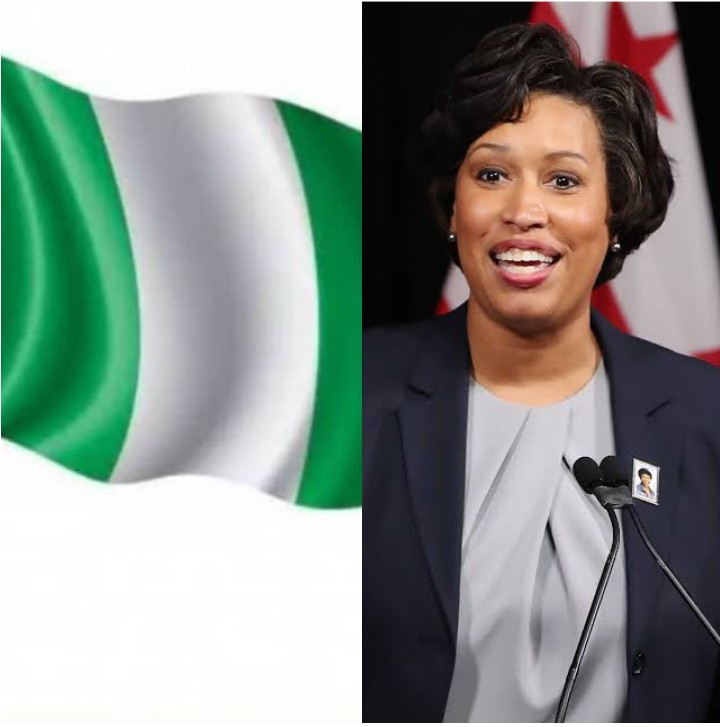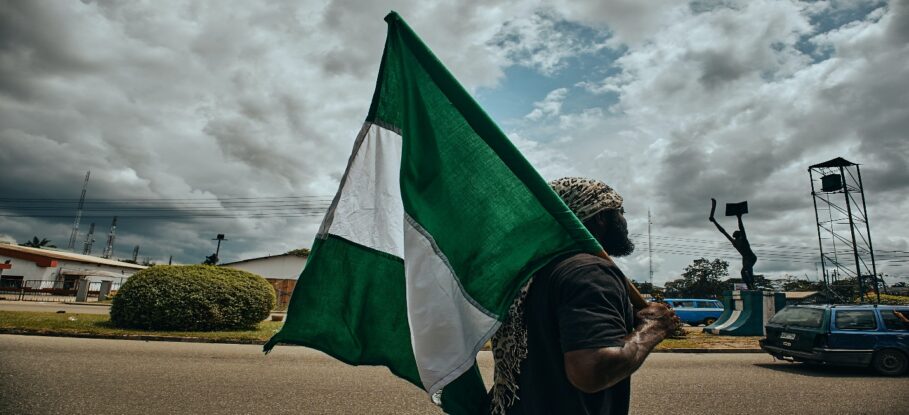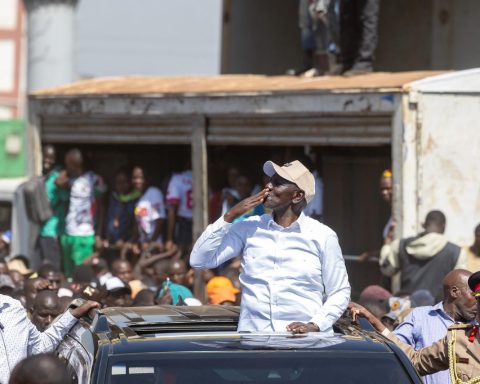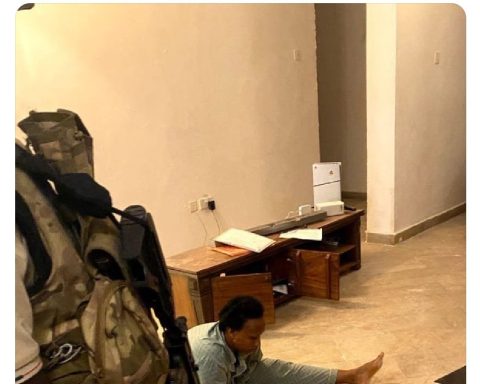Saturday 1 October 2022 marks Nigeria’s 62nd Independence Day and there has been wonderful highs and some terrifying lows in all sectors of Nigeria’s socio-economic sectors.
Despite the myriads of problems facing the nation, one area has proven to remain a unifying factor in the face of issues that threatens her unity – Sports.
Join our WhatsApp ChannelSports was considered to be a thing of leisure but that toga is now consigned to history.
Sports is now a diplomatic tool that can build bridges and unite warring factions.
Prior to attaining independence, some Nigerians had won laurels at the Commonwealth Games.
Emmanuel Ifeajuna became the first Nigerian to win a gold medal at the competition in 1954 when Vancouver hosted.
There were other notable winners at the Commonwealth Games like Middleweight boxer Dick Tiger who was crowned the champion.
There were Nigerians who took the world sporting arena by storm. The likes of Emmanuel lfejuna who won a gold medal in high jump at the 1954 Commonwealth Games, Hogan ‘Kid’ Bassey won the world featherweight boxing crown in 1957 and Dick ‘Iron’ Tiger who won the middleweight crown and later the world light heavyweight crown.
As we mark the country’s Independence anniversary, Prime Business Africa’s IZUCHUKWU OKOSI revisits some sporting events that are indelible in the history of Nigeria.
Nigeria ’80 Africa Cup of Nations Conquest
The country hosted the rest of the African continent for the first time in the Africa Cup of Nations.
The team were brimming with quality players like captain Christian ‘chairman’ Chukwu, Segun Odegbami, Muda Lawal, Okey Isima and Adokiye Amiesimaka (who later became the Chief Justice of Rivers State) among others.
The team then known as the Green Eagles (formerly called Red Devils pre Independence era) defeated the Desert Foxes of Algeria 3-0 at the Lagos National Stadium to lift the title for the first time in 25 March, 1980.
The AFCON title somewhat pacified Nigerians for the heartbroken 1978 FIFA World Cup miss after an own goal by Godwin Odiye in the qualifiers in 1977 against Tunisia inadvertently derailed the country’s ambitions.

The Commonwealth Games (1994, 2014, 2022)
The Commonwealth Games has proven to be a good veritable ground for scooping medals at major competitions for Team Nigeria.
Onitsha-born Major General Emmanuel Ifeajuna was the first athlete to win a title for the country post Independence to win a medal for Nigeria at the Games when he won the gold in the High Jump event of the 1962 Commonwealth Games.
In the 1994 Commonwealth Games in Victoria, Canada, Nigeria won 37 medals while they got 36 medals when Glasgow, Scotland hosted the Games 10 years later.
In 2022 the country recorded another round of excellent result in Commonwealth Games by winning 12 gold, nine silver and 14 bronze medals – all won by the female athletes.

Tunisia 94 AFCON & USA 94 FIFA World Cup
Nigeria’s Super Eagles won the Africa Cup of Nations in Tunisia for the second time and was rated the 5th best side in the world by FIFA in their monthly ratings in February 1994.
The team also debuted at the FIFA World Cup in the USA same year where they finished their campaign in the round of 16 after a promising group stage performance.
They achieved the qualification milestone on 8 October 1993 in Algiers after a 1-1 draw in their last qualifying game against the Desert Foxes.
The Eagles were a joy to watch in the USA ’94 World Cup that they were adjudged as the second most entertaining team behind winners Brazil. They were rated 12th in the FIFA rankings afterwards.
Atlanta ’96 Olympics
History was made on August 3, 1996 when the Nigeria U-23 football national team became the first black nation on earth to win the football tournament of the Olympics.
The team coached by Jo Bonfrere defeated Argentina 3-2 in the final. It was a tournament that Nigerians never expected the team to win.
Captain of the side Nwankwo Kanu was spectacular in the tournament and was duly honoured as the African Footballer of the Year and was rated 6th best player in the world.
Police woman, Chioma Ajunwa also leapt into immortality as she became the first athlete to win an individual gold medal at the Olympics in the women’s long jump event.
The Olympic team won two gold, one silver and three bronze medals.
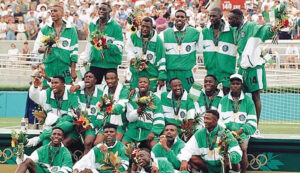
China ’85 FIFA U-16 World Cup
A youthful side of school boys from some of the best secondary schools in Nigeria like the Saint Gregory College, Lagos and Christ The King College, Onitsha plus others from the YSFON team represented Nigeria at the inuaugral edition of the FIFA U-16 Kodak World Cup in West Germany.
The ‘boys from Africa’ captained by Nduka Ugbade surmounted pressures like biting cold and racial discrimination and other sundry prejudices to lift the trophy at the Workers Stadium in Beijing.
Upon return from West Germany, the team were hosted by then military President, Muhammadu Buhari who handed scholarships to the players.
Some of them went for academic pursuits and never continued with professional football while the likes of Ugbade and Jonathan Akpoborie to name a few became household names.
Today, Ugbade is a great coach of repute who has worked and won same title as an assistant coach in 2015 while Akpoborie went on to become one of Africa’s brightest exports to the German Bundesliga. He was however dropped from the USA 94 World Cup squad which was his biggest regret in the game.
Barcelona ’92 Olympics Bronze Medal
The quarter of Beatrice Utondu, Faith Idehen, Christy-Opara-Thompson and Mary Onyali on August 7, 1992 produced a banstorming performance in the 4x100m event of the Barcelona ’92 Olympics in a time of 42.81s to win the Bronze medal.
Beatrice Utondu was the one that brilliantly led the team from the mark, passing the baton to Faith Idehen who ran a terrific backstretch and handed the baton to Christy Okpara-Thompson.
Onyali was the one on the fourth lane and she outran France’s Marie-José Perec over the final 100m to clinch the bronze medal.
Japan ’93 FIFA U-17 World Cup
The national U-17 won the FIFA U-17 World Cup in Japan in a remarkable fashion. The team coached by Fanny Ikhayere Amun played six matches, scored 20 goals and conceded three.
Wilson Oruma was the captain of the team and top scorer of the tournament with six goals. Nwankwo Kanu and Peter Anosike were the second top scorers with five goals each.
Kanu went ahead to finish behind Ghana’s Daniel Addo as the second MVP of the tournament.
The cadet tournament was previously an U-16 tournament before then but became an U-17 when Japan hosted in 1993.
FIFA U-17 World Cups 1997, 2013, 2015
After the 1985 and 1993 cadet World Cup Feats, Nigeria also won the tournament in the 1997 when late coach Yemi Tella led the team to the World Cup in Korea Republic where they defeated Spain on penalties.
The Golden Eaglets also lifted the trophy in 2013 with Manu Garba as head coach and 1985 skipper of the team Nduka Ugbade his assistant.
The team produced exciting players like Kelechi Iheanacho, Isaac Promise and Taiwo Awoniyi.
Two years later, former Super Eagles winger and 1994 African Footballer of the Year Emmanuel Amuneke was coach as the team won the tournament for a record fifth time in Chile.
Today, the senior national team boasts of players that won in the tournament. Nigeria has won the tournament the most on five occasions.
Players like Victor Osimhen (who was top scorer, Golden Shoe winner with record 10 goals at the World Cup and Silver Ball winner); Kelechi Nwakali (who was the MVP with the Golden Shoe) and Samuel Chukwueze (3rd best player with a Bronze Shoe) are all members of the present Super Eagles especially the duo of Osimhen and Chukwueze who were products of the World Cup in Chile.
2013 AFCON
The Super Eagles won the 2013 Africa Cup of Nations in South Africa for the third time in history following the achievements of 1980 and 1994.
Due to political differences with South Africa, the Eagles as champions in 1994 could not defend their title in 1996 which culminated in CAF bans for 1996 and 1998.
The 2013 squad was comprised of the likes of John Obi Mikel, Vincent Enyeama, Emmanuel Emenike, Brown Ideye, Sunday Mba, Kenneth Omeruo, etc.
It must be noted that the Super Eagles have also finished in second and third places in as many of their Africa Cup of Nations appearances.
Izuchukwu Okosi is a Nigerian sports and entertainment journalist with two decades of experience in the media industry having begun his media journey in 2002 as an intern at Mundial Sports International (MSI) and Africa Independent Television (AIT), owners of Daar Communications Plc.




